By: Ken Sauer, Senior Associate Commissioner and Chief Academic Officer, Indiana Commission for Higher Education
and
Jillian Scholten, Director of Academic Affairs, Indiana Commission for Higher Education
This blog is part of a series highlighting the work of Credential Engine’s state partners. Catch up by checking out our last piece here.
We start with a given: any statewide scale-up requires a lead person or organization to coordinate and spearhead the effort, and for the Hoosier State’s engagement with Credential Engine, it was the Indiana Commission for Higher Education. For us, moving beyond the initial stage of scale-up required partners, lots of them. To get started, this work meant tackling tough questions; namely—with whom do you partner and how do you engage potential partners?
Because of the Commission’s responsibilities to coordinate postsecondary education, it was natural for us to start with the colleges and universities. The initial outreach was to our two-year institutions: Ivy Tech Community College and Vincennes University.
Ivy Tech, in fact, was among the first pilot institutions in 2016 to place programs on the Registry. Through this process, the College saw the value of placing credentials on the Registry and quickly began exploring how to add all of the institution’s certificates and associate degrees in a simple process. Over time, Credential Engine developed a bulk upload procedure that could handle this mass data capture and it’s now in use throughout the country.
Vincennes University (VU) was also a natural partner, as it has a history of developing bridge programs for veterans to receive advanced standing in degree programs related to the servicemembers’s military occupation. Their engagement with the Commission involved multiple partners: VU, Solutions for Information Design (SOLID), and the Medical Education Training Campus (METC), a part of the Uniformed Services University of the Health Sciences (USU). Working together, all of the military allied health training programs were placed on the Registry, along with credit granted by VU for this training.
The Commission’s emphasis on health carried over to university and other partners, and through consistent work, all of the public universities’ health-related credentials – short-term certificates to doctoral programs – were loaded onto the Registry. We also were able to obtain the health credentials for two private, non-profit institutions, the University of Saint Francis and Indiana Wesleyan University, thanks to a partnership with Independent Colleges of Indiana (ICI).
To more fully map the healthcare industry in Indiana, we needed more data. Because so many health professions are licensed, a natural extension of our initial work was to engage the 20 health licensing boards through a partnership with their state umbrella entity, the Indiana Professional Licensing Agency (IPLA). Because of outreach efforts and the growing visibility of Credential Engine within the state, partnerships began to be developed with employers. The first of these was with the Indiana Council of Community Mental Health Centers, which represents nearly 30 member centers that employ professionals throughout the state. While our partnerships continue to grow, our work with public institutions has also expanded: by end of summer, all credentials offered by all public institutions should be on the Registry.
We found that Credential Engine, by its very nature, is a collaborative enterprise and that partnerships were central to our success. For other states or organizations looking to build partnerships in order to map their credential landscape, we here in Indiana have a few key lessons to share. First, partnerships don’t just happen, they require outreach by a Credential Engine advocate. Second, getting potential partners engaged in a live navigation of the Registry and Finder helps demonstrate value. Third, progress in one area, with an appropriate pivot, can lead to progress in related areas, resulting in a web of ever-expanding extensions of the original area, all reinforcing one another. With our partners, we at the Commission are excited to see where this work takes us next as we expand beyond health.
###
Please join us next week to hear why Kansas is committed to Credential Transparency

